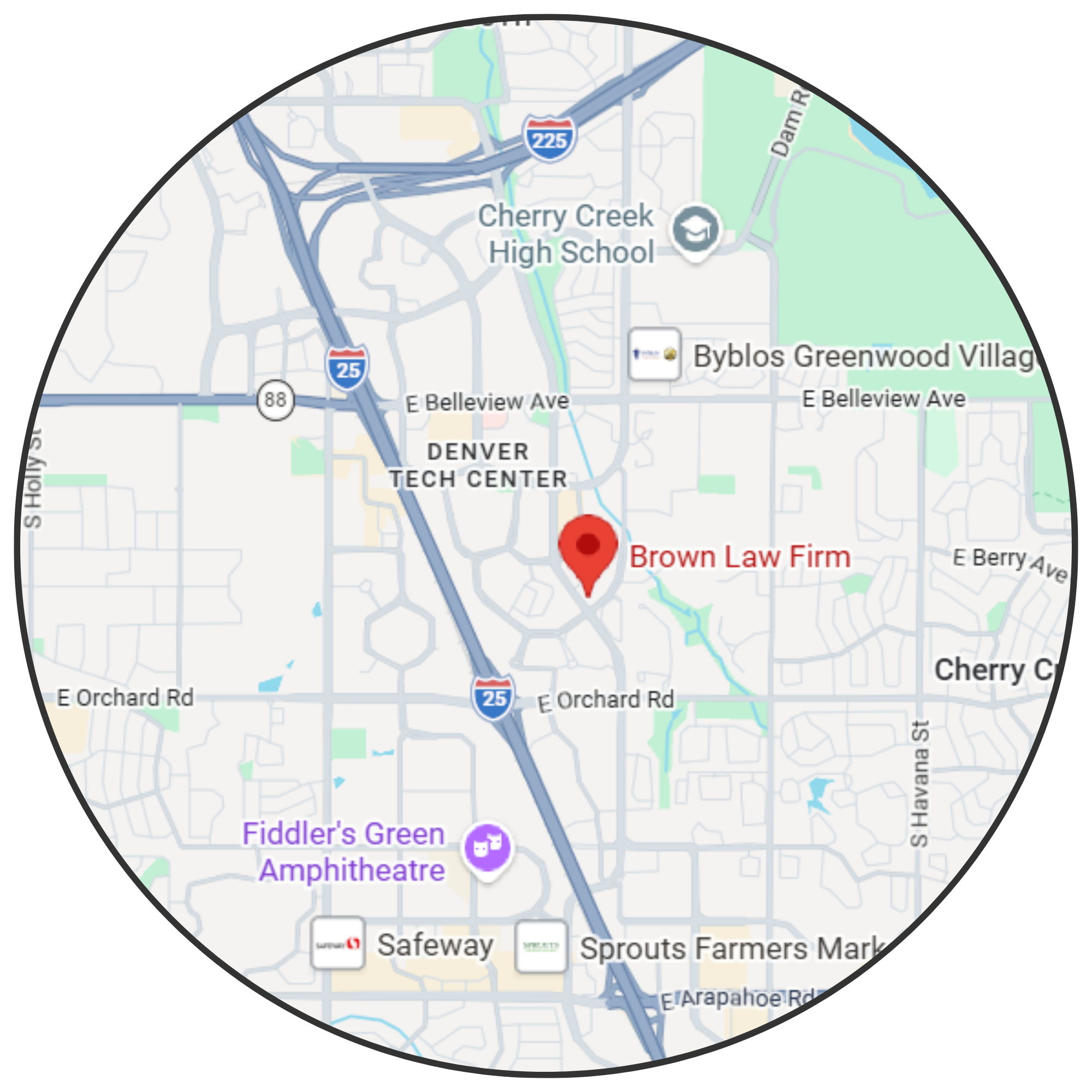Trusts in Denver
One purpose of trusts is to leave assets to beneficiaries in a manner that protects them while ensuring their underlying needs are met. Trusts can be created for beneficiaries such as:
- Spouses
- Children or grandchildren
- Special needs beneficiaries
- Beneficiaries with spendthrift tendencies or other issues
Trusts can also be used to achieve specific tax planning objectives. Trusts can be created to take effect immediately or after you pass away. A fully funded revocable trust can help you avoid a probate proceeding at your death. Additionally, trusts typically are administered outside of the court system, so the terms of the trust remain private. A trust designates a trustee to handle the administration of the trust’s assets for the benefit of the trust’s beneficiaries.
Types of Trusts
A settlor (the creator of the trust) can create a revocable trust, irrevocable trust or testamentary trust.
- Revocable trusts, also known as living trusts, can be changed at any time while the settlor is alive and has capacity. The settlor still has access to and control of the trust assets while they are alive and have capacity. Assets titled in a revocable trust generally report under the settlor’s social security number and the settlor pays the income taxes on the income generated on those assets.
- Irrevocable trusts typically cannot be changed or revoked. In most instances, irrevocable trusts are created to take advantage of various tax planning strategies to reduce the settlor’s taxable estate.
- Testamentary trusts take effect at the creator’s death. The terms governing testamentary trusts can be found in either a will or a revocable trust. A testamentary trust contains the creator’s wishes regarding how the trust assets should be spent for the benefit of the beneficiary.
Our Denver estate planning lawyers will recommend the appropriate options for your unique situation. To learn more about creating a trust in Denver or anywhere in Colorado, contact us today.
